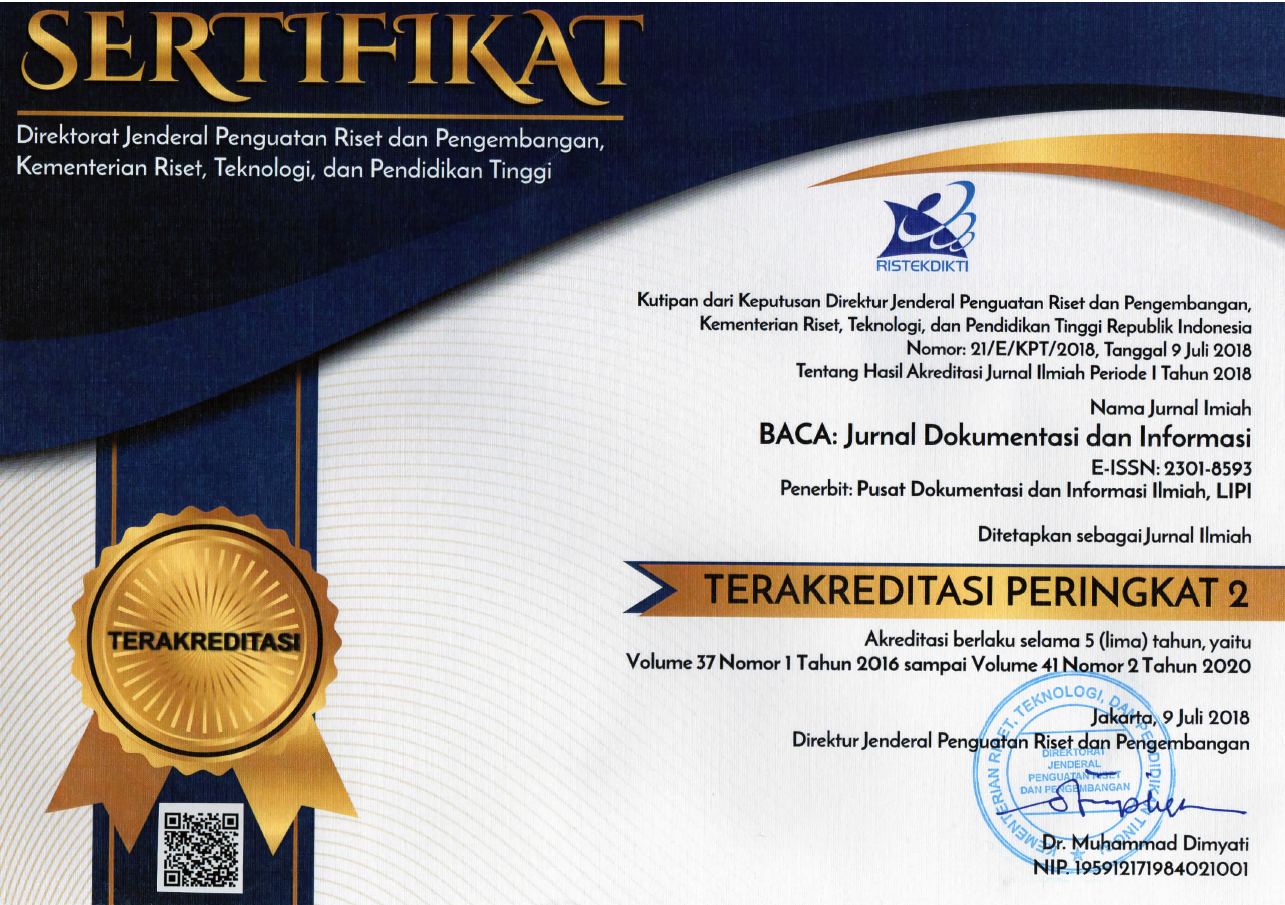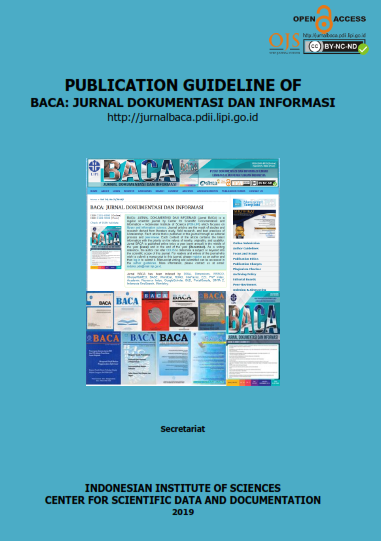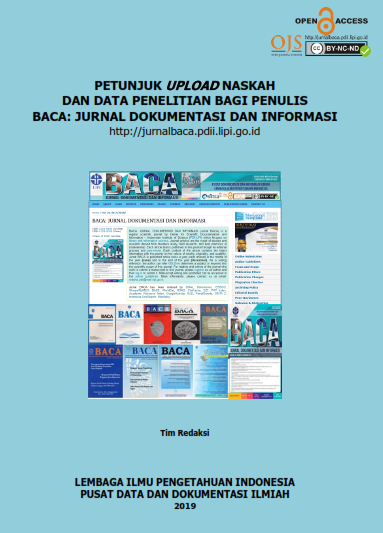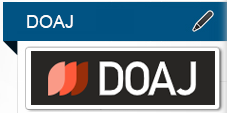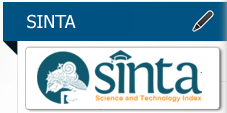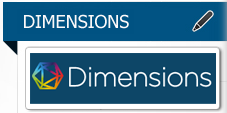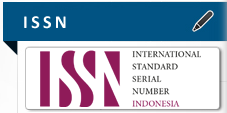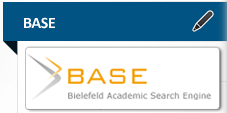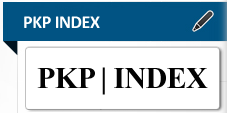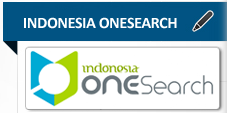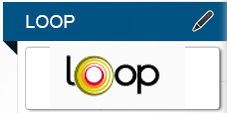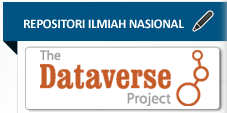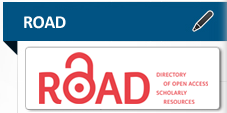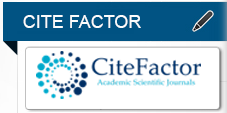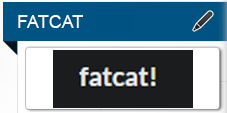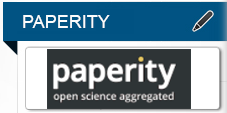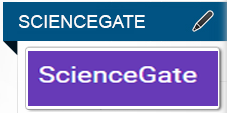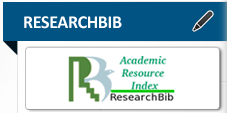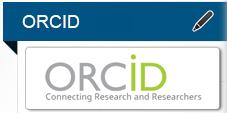EVIDENCE-BASED LIBRARY MANAGEMENT: URGENSI DAN TANTANGAN PENERAPANNYA DI INDONESIA
Abstract
Evidence - based library management ( EBLM ) is a relatively new concept in the library management. This concepthas been implemented in several countries to improve the quality of library services, the quality of librarians, and thequality of publications in field of library and information science. This study discusses the urgency of implementingEBLM in Indonesia and its challenges. The study use literature and secondary data method. The secondary datawhich used consists of the availability and the access to scientific evidences as well as the quantity and quality ofhuman resources. Results of the data and theory triangulation was then analyzed descriptively. The results arguethat EBLM is important to be implemented in Indonesia and might be a potential to overcome the existing problemsof librarianship, particularly in LIPI. The implementation will face some challenges such as the limited scientificevidences and the ideology of librarian or library leader. The study also provides several recommendations tosupport EBLM implementation on national scale, library organizations, and professional organizations.
Keywords
Full Text:
PDFReferences
Bawden, D. dan Robinson, L. 2012. Introduction to information science. London (UK): Facet Publishing.
Booth, A. 2000. Exceeding expectations: achieving professional excellence by getting research into practice. LIANZA. Christchurch, New Zealand, 15–18 Oktober.
Booth, A. 2003. Bridging the research – practice gap? The role of evidence based librarianship. New Rev. Inf. Libr. Res., (9)1:3–23.
Cossette, A. 2009. Humanism and Libraries: an essay on the philosophy of librarianship. Duluth, Minnesota (USA): Library Juice Press.
Crumley, E. dan D. Koufogiannakis. 2002. Developing evidence-based librarianship: practical steps for implementation. Health Info. Libr. J., (19)2:61–70.
Dalrymple, P.W. 2010. Applying Evidence in Practice: what we can learn from healthcare. Evid. Based Libr. Inf. Pract., (5)1:43–47.
Eldredge, J. 2000. Evidence-based librarianship: an overview. Bull. Med. Libr. Assoc., (88)4:289–302.
Eldredge, J. 2010. Evidence-based librarianship: searching for the needed EBL evidence. Med Ref Serv Q, (19)3:1–18.
Eldredge, J. 2012. The Evolution of evidence based library and information practice, Part I: defining EBLIP. Evid. Based Libr. Inf. Pract., (7)4:139–145.
Fisher, B. dan D. Robertson. 2007.Evidence-based management as a tool for special libraries. Evid. Based Libr. Inf. Pract. (2)4:36–45.
Hall, H. 2011. UK library and information science research matters. Libr. Inf. Sci. Res., (33)1:89–91.
Ikatan Sarjana Ilmu Perpustakaan dan Informasi Indonesa (ISIPII). 2009. Tantangan dan permasalahan kepustakawanan Indonesia.: http://isipii-librarian-indonesia.blogspot.com/2009_01_01_ archive.html. (Diakses 28/2/2014).
Jacobs, H. L. M. dan S. A. Berg. 2013. By Librarians, For Librarians: Building a Strengths-Based Institute to Develop Librarians’ Research Culture in Canadian Academic Libraries. J. Acad. Librarianship, (39)3:227–231.
Johnson, P. 2009. Fundamentals of collection development and management, 2nd ed. Chicago (USA): American Library Association.
Koufogiannakis, D. 2013. EBLIP7 Keynote: what we talk about when we talk about evidence. Evid. Based Libr. Inf. Pract. Featur., (8)4:6–17.
Lakos, A. 2007. Evidence-Based Library Management: The Leadership Challenge. Portal Libr. Acad., (7) 4:431–450.
Online Computer Library Center (OCLC). 2010. Perceptions of Libraries 2010: Context and Community. http://www.oclc.org/content/dam/oclc/reports/2010perceptions/ 2010perceptions_all.pdf. (Diakses 28/2/2014).
Park, T. K. 2008. Asian and Pacific Region Authorship Characteristics. Leading Library and Information Science Journals. Ser. Rev., (34) 4:243–251.
Patridge, H. 2007. The Practitioner’s experience and conception of evidence based library and information practice: an exploratory analysis. 4th International Evidence Based Library and Information Practice Conference. Chapel Hill-Durham NC USA, 6–11 Mei.
Pfeffer J. dan R. I. Sutton. 2006. Evidence-based management. Harv. Bus. Rev., (84)1: 62–74.
Pfeffer J.dan R. I. Sutton. 2006. Hard Facts, Dangerous Half-Truths and Total Nonsense: Profiting From Evidence-Based Management. Boston (USA): Harvard Business School Press.
Saleh, A. R. 2013. Majelis Pustakawan Utama. http://rahman.staff.ipb.ac.id/2013/02/23/majelispustakawan-utama/ (Diakses 28/2/2014).
Stueart, R. D. dan B. B. Moran. 2007. Library and Information Center Management, 7th ed. Westport (USA): Libraries Unlimited.
Sulistyo-Basuki. 2013. ilmu perpustakaan dan informasi: perkembangan dan tantangannya di Indonesia. http://sulistyobasuki.wordpress.com/2013/03/25/ilmu-perpustakaan-dan-informasi-perkembangandan-tantangannya-di-indonesia/?relatedposts_exclude=122. (Diakses25/2/2014).
Wilson, V. 2013. Formalized Curiosity: Reflecting on the Librarian Practitioner-Researcher. Evid. Based Libr. Inf. Pract., (8)1:111–117.
Yaniasih, Mahmudi, S. Hartinah, D. T. Lastiwi, dan R. Marzuki. 2012. Involving Library in Research: Case Study of Research Library and Subject Librarian in Indonesian Institute of Sciences. International
Conference & Workshop “Making you know”. Depok, Indonesia, 18–19 Oktober.
Yildiz, A.K. 2012. A Review of Secondary Literature on Evidence Based Library Management. Qual. Quant. Methods Libr., (1) June:63–72.
DOI: https://doi.org/10.14203/j.baca.v35i2.190
Copyright (c) 2014 BACA: Jurnal Dokumentasi dan Informasi



